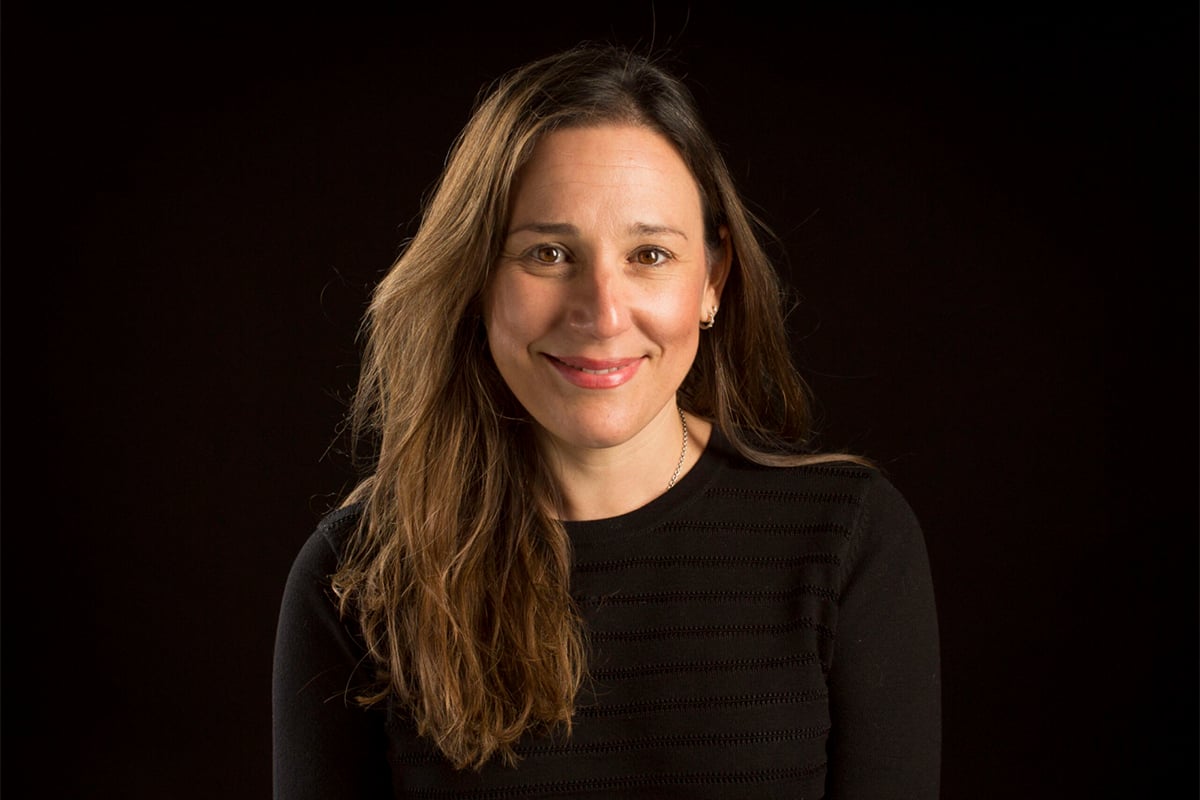UK-based multinational consumer goods company Unilever will spend US$2.4 billion annually on promoting diversity and equality.
Unilever, which owns over 400 brands including Ben and Jerry’s, Dove, Lipton, Omo, Rexona, Magnum and Sunsilk, announced three main global commitments:
- Pioneering new employment models for employees, and equipping 10 million young people with essential skills to prepare them for job opportunities by 2030
- Spending US$2.4 million annually with suppliers owned and managed by people from under-represented groups by 2025
- Ensuring that everyone who directly provides goods and services to the company earns at least a living wage or income by 2030
Unilever Australia and New Zealand CEO Nicky Sparshott said the company’s commitments came at a critical time, when communities and businesses needed more support than ever.
“The two biggest threats that the world currently faces are climate change and social inequality, and this past year has only widened this divide. Unilever Australia and New Zealand’s strength as a business is critically linked to our ability to serve our communities. Without a healthy society, without a healthy environment, there cannot be a healthy business,” she said.
“While we are proud of our social achievements to date, we know there is always more to be done and in 2021 we’re going to be doubling down on our ambitions even further. Protecting lives and livelihoods, and empowering people to thrive will be critical as we tackle the issues of today and in the future.”
Too many people are undervalued or excluded. Too many people don’t earn a living wage. Too many people are held back through lack of skills.
We aspire for a more equitable and inclusive world. And we have a plan to help create one.#HealthySocietyForAllhttps://t.co/YdhoODRrX5 pic.twitter.com/Lbl5y4Sr6L
— Unilever #StaySafe (@Unilever) January 21, 2021
Unilever CEO Alan Jope told CNBC’s Julianna Tatelbaum in an interview recorded ahead of the announcement that the company was aiming to be a “positive force in tackling the persistent and worsening issue of social inequality” with its new strategy, adding this goal had “never been more relevant than what we’ve seen with the crises of the last year – the pandemic, the social and racial justice crises”.
Unilever plans to train 10 million young people by 2030, partly by working with youth employability platform LevelUp, giving them access to training,volunteering and work experience. In Australia, it has reached agreements with universities including the University of Technology Sydney, University of Sydney, University of NSW and Macquarie University.
A report by the United Nations’ International Labor Organisation in August found 42 per cent of young people had lost income due to the pandemic.
Unilever’s commitment to ensure that everyone who directly provides goods and services to the company earns at least a living wage or income by 2030 was about “ensuring millions of people around the world have a standard of living that allows them to feed, clothe, house, educate, provide health care for them and their families,” Jope said.
Unilever pays its employees a living wage and wants to extend this further down the supply chain, “specifically focusing on the most vulnerable
workers in manufacturing and agriculture”, the company said in the statement.
Unilever also plans to “help five million small and medium-sized enterprises in our retail value chain grow their business through access to skills, finance and technology by 2025”.
In New Zealand, Unilever workers have been trialling a four-day week at full pay since December last year.







